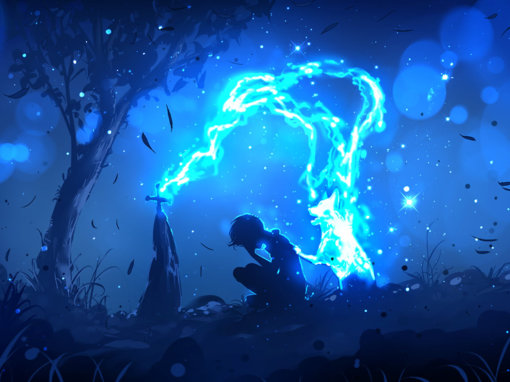It seems that we live in a time, especially with social media, text messaging, email, i.e. written, instant, long distance communication, where it’s quite difficult to tell whether someone is in pain, more specifically emotional pain. As someone who is an extroverted feeler, I typically sense and absorb the emotions of others. Because of this, I’m sensitive to the emotional pain of others. My tendency is to offer support and encouragement as soon as possible.
You Don’t Simply Move On
Many times extroverted feelers will change the mood to be more upbeat in these situations, but I tend to draw the person in and grieve with them before even thinking about changing the mood. The reason for this is that I understand emotional pain, in most people, needs attention. The majority of us don’t just “move on” from emotional pain. Sorry, it doesn’t work that way. People who think it does work that way have no business counseling those who are in pain and generally come across and insensitive, and often make situations worse than they were before.
There are also those who seem to require you to somehow explain or justify your pain, dismissing it as if it didn’t even exist if they don’t agree that you should even be in pain. We’ve all heard it right, “Hey, I know you’re in pain, but [ insert pithy comment suggesting you just forget the pain and simply walk away from it ].” It’s sad that we live in a world that lacks empathy this way.
Pain Doesn’t Require Justification
In another article that I recently wrote, I stated the following:
Pain is pain. It does not care about where it came from. It could care less about “the why” or “the how”. It just exists and really the only thing that can kill pain is time, but time is usually not on our side, so we do what we can to suppress pain. Someone else’s opinion of why you are in pain is completely useless and irrelevant. Even your own reasoning of why you are in pain is often irrelevant. Pain usually comes out of nowhere, having a field day with causality, floating through expectation, then action, then consequence, and into reality. So never, ever look at someone’s pain (or your own pain) and think since you don’t understand it that it’s not real. If you do, you’re quite simply ignorant in that you’re misunderstanding what pain is, how personal and focused it is, and how sensitive it is.
Nobody’s pain, specifically emotional pain, requires justification from anyone or anything. Period.
I’m of the mindset that if you can’t sense or feel someone else’s pain, then perhaps you shouldn’t offer advice or counsel to them, instead bring someone else into the picture who can help them in the way they need to be helped. The sad truth is most people simply do not care or are too busy dealing with their own problems or aspirations. I just wonder how many people who were borderline suicide victims (yes victims) could have been saved if only enough attention, empathy, and energy had been directed toward them.
We should see people through their pain. We should check on them early and often. People want to know that everything is going to be OK. This is what gets people through depression. It’s called hope. Many of us are the “counseling” type and we understand the fragility of it. Saying things like, “Yes, we are all in pain” doesn’t help those who are reaching out. They aren’t asking you to measure their pain. They are asking you to validate their pain, meaning they want you to admit the the pain is real. From there they want you to support them, meaning walk with them, encourage them, not just once, but every day, often many times a day, for months if not years. I mentioned earlier that it takes energy. This is what I’m talking about.
That’s the thing about pain. It demands to be felt.



